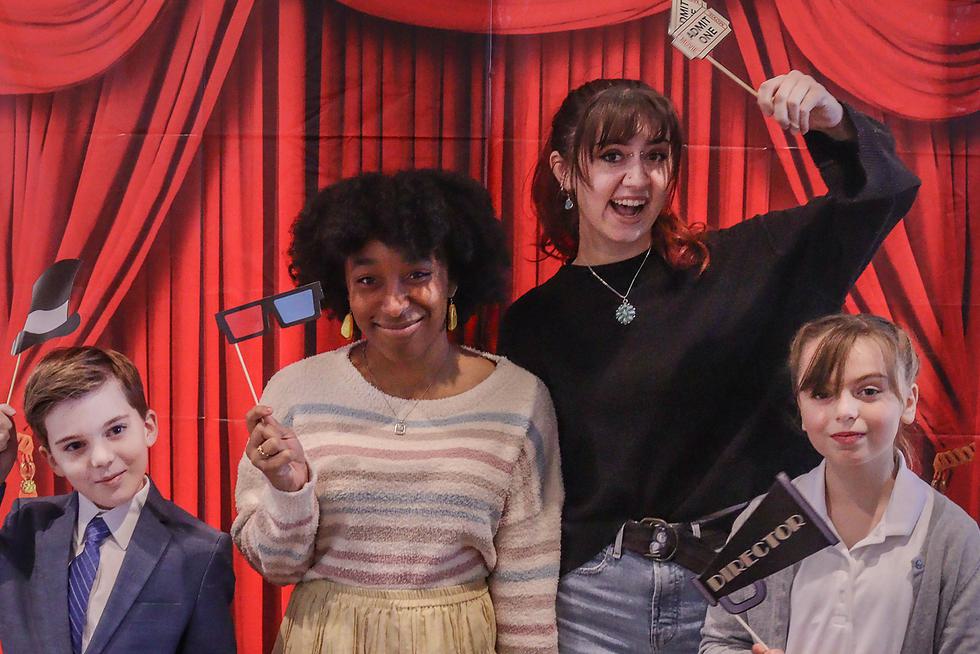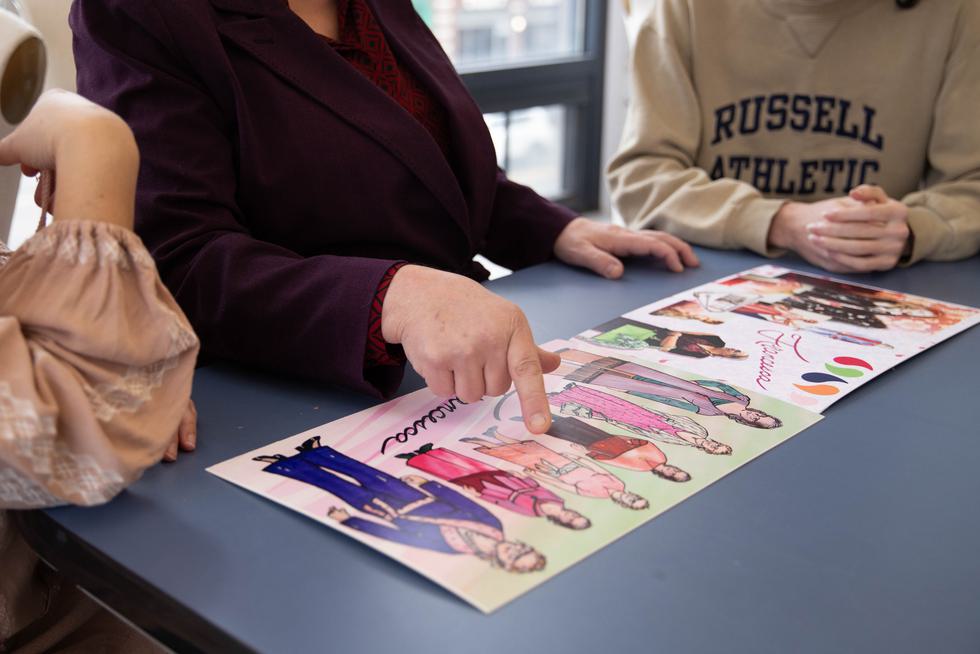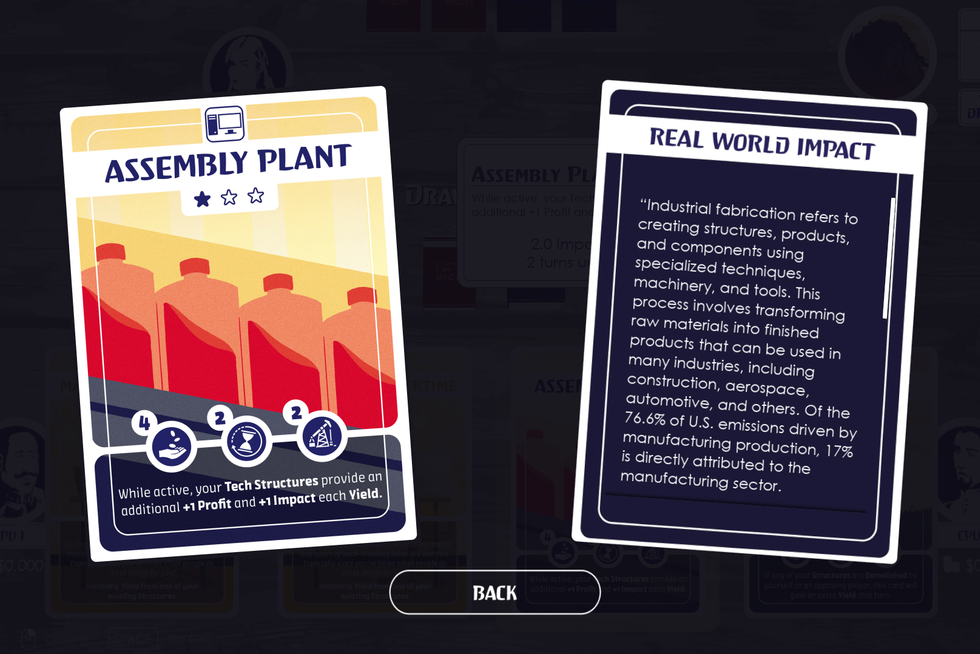News & Media
Explore Stories from CCAD
News & Media

Lucas Velazquez’s (Graphic Design, 2025) summer internship with the Cleveland Cavaliers shows you can land a job with the NBA without perfecting your jump shot.
Alumni Stories
Alums changing the world
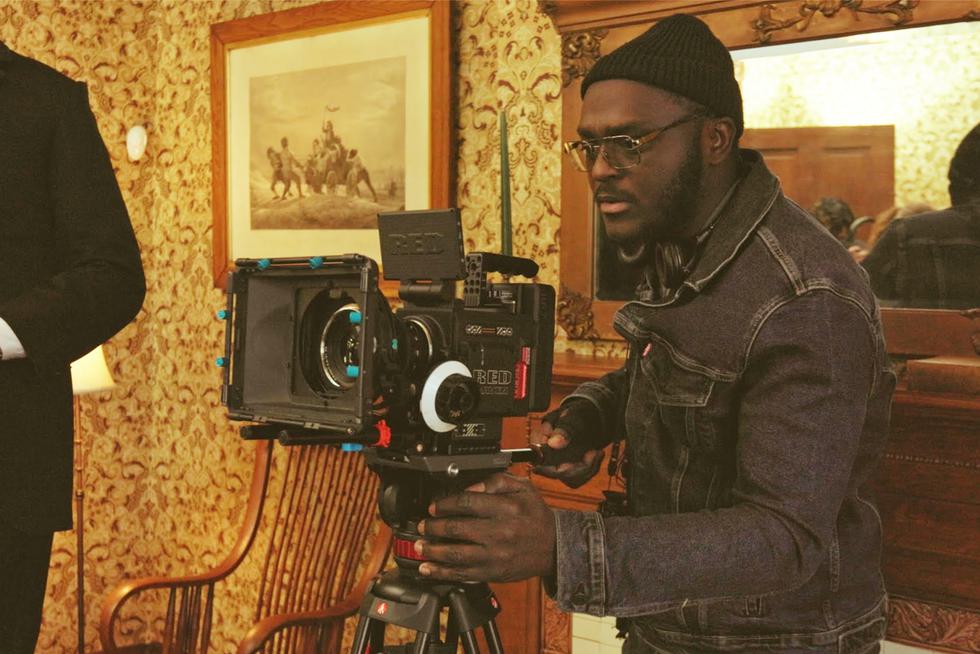
A short about Emily Dickinson has won a prestigious Telly Award—and Columbus College of Art & Design filmmakers helped make it happen.
Student Success
CCAD students’ accomplishments & achievements
Campus Life
Life in & out of the classroom
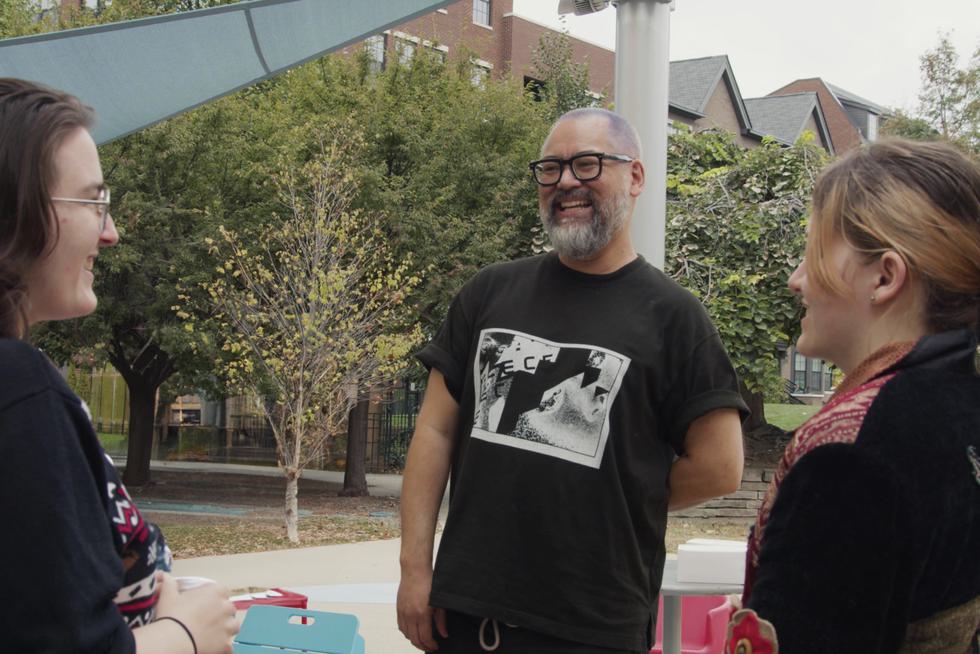
When it comes to getting comics career advice, you can’t do much better than Bryan Lee O’Malley, creator of the Scott Pilgrim graphic novels (which have been adapted into a movie, a video game, and, most recently, a Netflix series).






